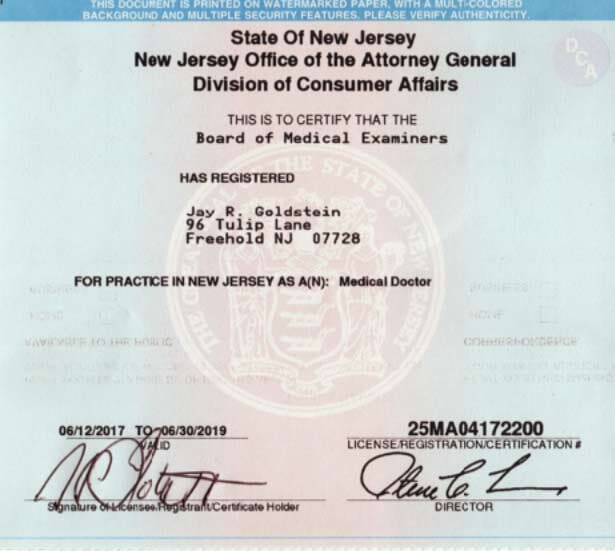

Requirements for apprenticeships vary significantly from one state to the next. Some states allow individuals to complete an apprenticeship (a paid job under the direction of a licensed cosmetologist) in lieu of a formal cosmetology program. Some beauty schools also offer dual licensure programs, which include cosmetology and another related area of study, such as massage therapy, electrology, or skincare (esthetics). For individuals seeking bachelor’s degrees in areas such as salon and spa management, an associate degree is a prerequisite for admission. Certificate or diploma programs take between 12 and 18 months to complete, while associate degree programs take about two years.Īlthough earning an associate degree is not a prerequisite for licensure as a cosmetologist, these degree programs tend to offer more advanced courses that cover topics such as business management and marketing to help prepare cosmetologists to work as salon managers or to run their own cosmetology business. Graduates from these programs can earn a certificate, diploma, or an associate degree. For example, Illinois has a license for hair braiding.Ĭosmetology programs may be offered through beauty schools, junior colleges, and vocational schools. Some states even have more specialty licenses for cosmetologists. For example, nail technician licenses may require as little as 300 practice hours. Practice requirements for licensure in a specific area of cosmetology are a fraction of the total practice hours required for a cosmetology license. It is also possible to become licensed in specific areas of specialization, such as manicuring or makeup. In all states this falls within the range of between 1,000 and 2,000 hours of hands-on training coursework related to hair care, skincare, makeup, and nails. Each state sets specific requirements for the number of hours of training and coursework required for licensure.

Cosmetology training programs are designed to meet requirements for state licensure. The first step to becoming a licensed cosmetologist always begins with a Board-approved cosmetology education and training program. Completing a Formal, Board-Approved Cosmetology Program jurisdictions require some type of continuing education to satisfy license renewal requirements. HIV/AIDS and other infectious disease training: Specific training on prevention of transference of HIV/AIDS and other infectious diseases varies from state to state.Ĭontinuing education requirements: Many U.S.

Minimum age requirement: The minimum age for licensure is usually between 16 and 18 years of age.Įducation requirements: Before enrolling in a Board-approved cosmetology training program, the majority of states require applicants to possess either a high school diploma or GED, while some states, such as Pennsylvania, require as little as a tenth grade education.Įxamination requirements: Cosmetology license examinations may include one or more of the following: Although specific requirements for licensure vary from one state board to the next, the process and requirements are generally quite similar: Meeting the Minimum Requirements for a Cosmetology LicensureĪll state boards of cosmetology have minimum requirements for licensure, which usually include:


 0 kommentar(er)
0 kommentar(er)
